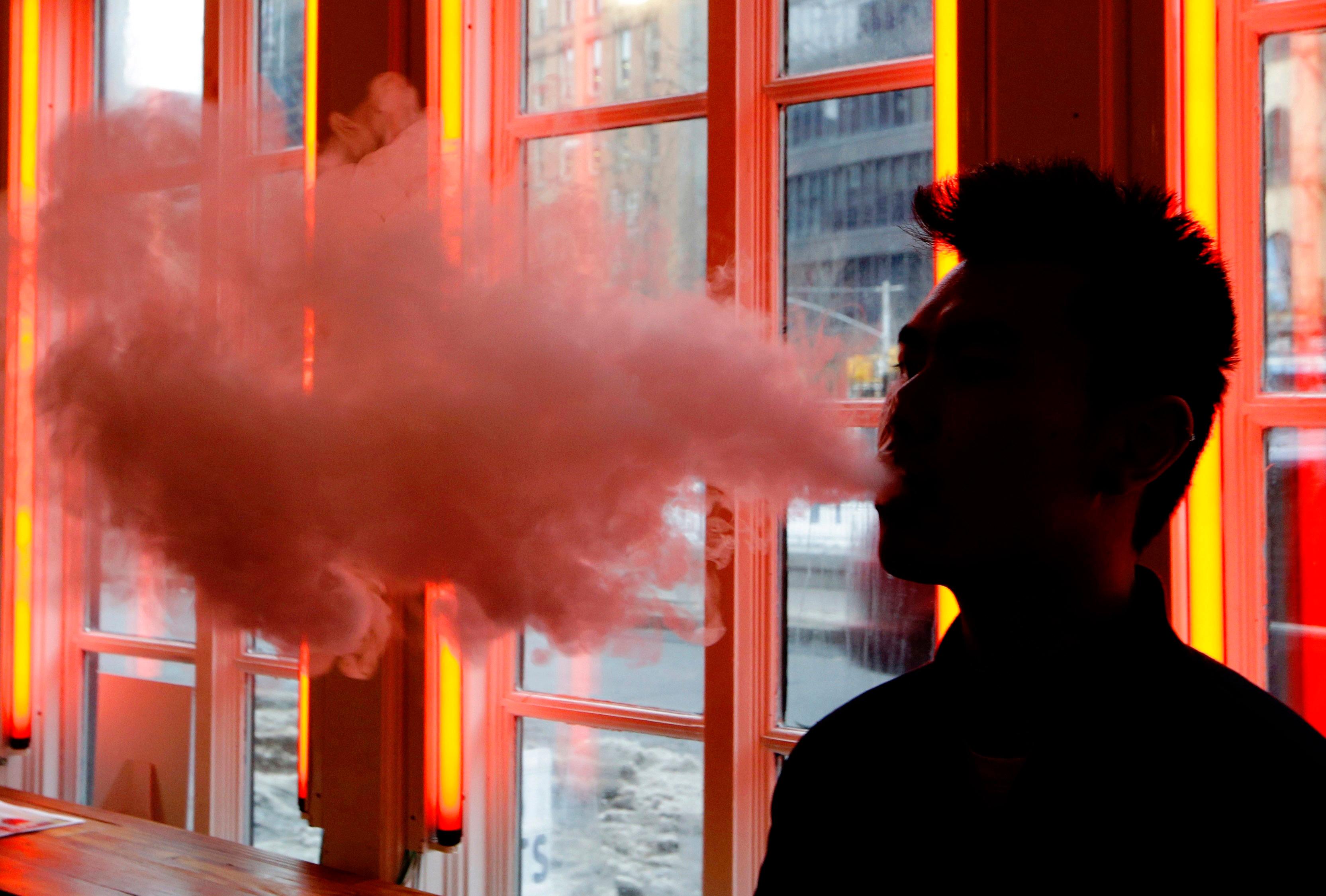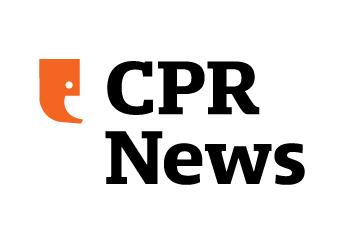

Colorado lawmakers will consider a bill to raise taxes on nicotine and tobacco as the state's teen vaping rate skyrockets.
Gov. Jared Polis joined public health advocates and high school students at the state Capitol on Wednesday to announce HB 19-1333, which would ask voters in the fall to increase taxes on cigarettes and impose new taxes on nicotine vaping devices, like the popular JUUL.
“We have a moral imperative to reduce teen smoking and vaping. We have financial imperative for public health,” Polis said.
The governor said the new bill was personal to him. His partner's mother, a lifelong smoker, died at 58 from lung cancer.
Under the proposal, vaping devices, the pods that contain liquid nicotine and tobacco products would be taxed at 62 percent of their wholesale price. The cigarette tax would more than triple.
That new revenue line would raise more than $300 million annually for Colorado. Half of those funds would go to health programs — tobacco prevention, education, cessation and mental health services — and the other half to education, including the Colorado Preschool Program.
The latest survey showed more than a quarter of Colorado teens currently use an e-cigarette, double the national average. The governor’s office said research shows increasing the price of cigarettes leads to a decrease in youth usage.
E-cigarettes and nicotine pods are cheap and easy to buy for high school students, said Wheat Ridge High School freshman Sunny Collins.
“We must limit the availability in vape products. One way to do this is to increase the price,” Collins said. “We have to do this to save our future, our generation and all of those to follow.”
One of the bill's sponsors, Democratic state Rep. Yadira Caraveo of Thornton, is also a pediatrician. Many of her teenaged patients tell Caraveo they’re vaping, or if they’re not, how most classmates are, she said. Even an 11-year-old patient told her it’s common at school.
“I'm not vaping,” Caraveo recalled the 11-year-old telling her. “But every single kid in my class seems to be and they're vaping during class and the teacher doesn't realize it because these devices are incredibly small, very easy to hide.”
Tobacco tax increases, that didn’t include e-cigarettes, were last on the ballot in 2016 when a similar measure failed. The tobacco industry significantly outspent the supporters of that ballot measure.
Dr. Robin Deterding, a pediatric pulmonologist with Children's Hospital Colorado, said she thinks people will vote differently this time.
“I think they understand the vaping crisis that we have for kids. They understand smoking, but they also understand vaping, we have to get on top of it,” Deterding said.
Supporters of the 2019 measure also note that Colorado’s tax rate on cigarettes is relatively low, ranking 39th in the country. The state also doesn’t impose any excise taxes on nicotine pods, something this bill would fix.
Critics believe the proposal would only drive up smuggling and online sales, as well as undermining local tax bases and hurting small retailers.
Amanda Wheeler, owner of J-Vapes E-liquid in Colorado Springs, has 46 employees and five stores. The 62 percent hike on liquid nicotine would be too much, Wheeler said.
“Personally, my business couldn't survive a 62 percent wholesale tax. That 62 percent is larger than my profit margin. So there's no way that my business could afford to pay such a heavy tax burden,” she said.
The American Vaping Association president Gregory Conley called the Colorado bill “outrageous” in an email. He said a similar tax increase in Pennsylvania led to more than 125 small vape businesses closing.
A common route for teens to buy vaping products is online sales. The governor’s office said online retailers that currently do not have stores in Colorado are not required to collect state sales tax.
Under a recent U.S. Supreme Court decision, “Colorado will start collecting sales tax from all out-of-state retailers that sell into Colorado including cigarette and tobacco retailers,” a spokesperson said in an email.
The measure was introduced in the final days of the 2019 legislative session.








